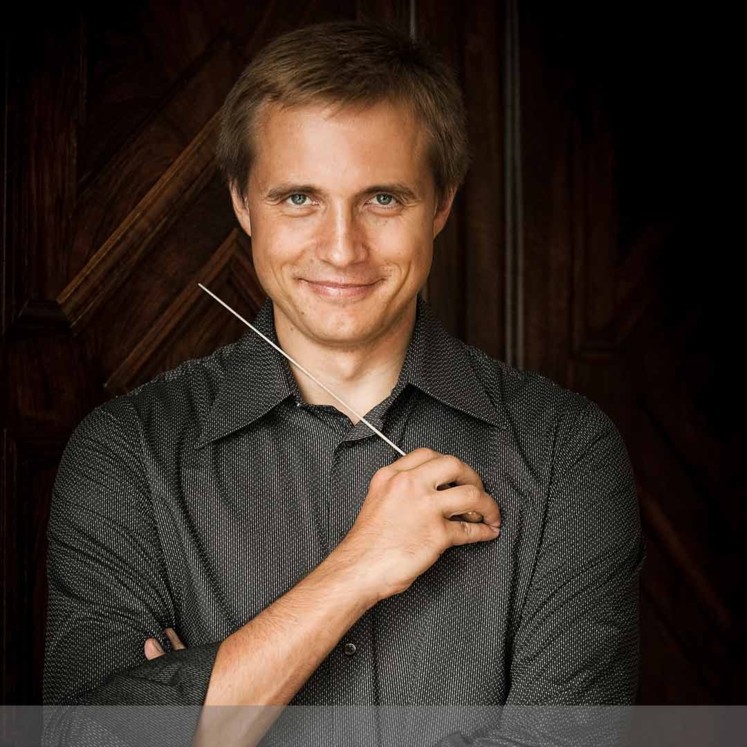
Jean Sibelius – Erbe und Neuerer
When the 24-year-old Jean Sibelius travelled to Vienna in 1890 in the hope of becoming a composition student of Anton Bruckner, he was disillusioned to discover that the composer was shortly to retire at his own request from his professorship at the Conservatory of the Society of Friends of Music in Vienna, and gave lessons only sporadically. Although he was unable to pursue his goal of learning from Bruckner at first hand, the works of Bruckner which he was able to hear and study in Vienna nevertheless exercised an enormous influence on the young composer. He was overwhelmed, for example, by the first performance of the „1889 version“ of Bruckner's 3rd Symphony in D minor, and wrote to his fiancée Aino Järnefelt; „In my opinion he is the greatest living composer“. The Royal Philharmonic Orchestra, conducted by its new musical director Vasily Petrenko, reveals the deep imprint of Bruckner's musical heritage on the great Finnish symphonist. His renowned Violin Concerto in D minor is played by Sergey Khachatryan, one of the oustanding violinists of the present day, who in 2000 became the youngest ever prizewinner in the International Jean Sibelius Violin Competition in Helsinki at the age of 15.
Jean Sibelius (1865–1957)
Finlandia. Tone poem for Orchestra, op. 26 (1899, rev. 1900)
Concerto for Violin and Orchestra in D minor, op. 47 (1902–03, rev. 1905)
– Interval –
Jean Sibelius
Symphony Nr. 2 in D major, op. 43 (1900–02, rev. 1903
Sergey Khachatryan | Violin
Royal Philharmonic Orchestra
Vasily Petrenko | Conductor